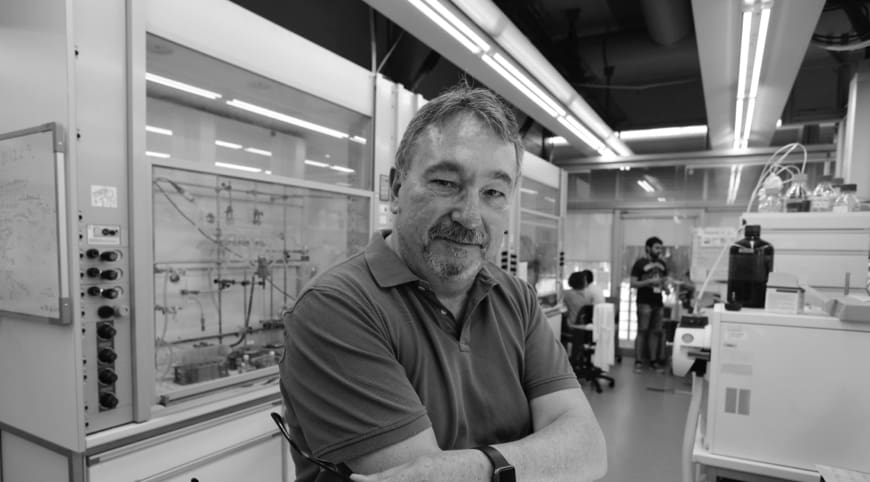Potassium fluoride: A convenient, non-covalent support for the immobilization of organocatalysts through strong hydrogen bonds
Abstract: The development of potassium fluoride as a practical non-covalent support for a carboxylic acid containing a pyrrolidine substituent with organocatalytic activity in the asymmetric Michael addition is described. The immobilization is carried out by simply treating the catalytic ligand in dichloromethane (DCM) solution with non-anhydrous potassium fluoride (KF). XRD and FTIR results suggest that the organocatalyst is efficiently loaded onto KF through strong hydrogen bond (SHB) formation, affording the KF-supported catalyst (KF-supCAT, 8) for the direct asymmetric Michael addition of carbonyl compounds to trans-β-nitrostyrenes. Good yields, excellent diastereoselectivities (up to 99:1 syn:anti) and excellent enantioselectivities (up to 97% ee for the syn diastereomer) are recorded in the Michael additions of cyclohexanone to trans-β-nitrostyrenes, considerably improving previous results obtained with a closely related catalyst covalently immobilized onto polystyrene. The KF-supCAT could be recovered and recycled three times by increasing the supersaturation degree of the solution.

P. O. Miranda, C. Lizandara-Pueyo, M. A. Pericàs
J. Catal. 2013, 305, 169-178
DOI:
Go to the journal

Let's create a brighter future
Join our team to work with renowned researchers, tackle groundbreaking
projects and contribute to meaningful scientific advancements




















